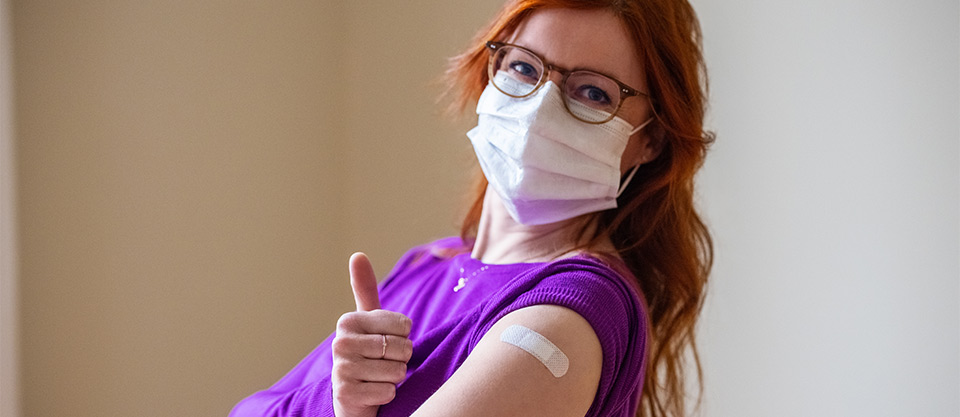About the COVID-19 Vaccine Confidence Initiative

NASW, the NASW Foundation, and the Health Behavior Research and Training Institute (HBRT) at The University of Texas at Austin Steve Hicks School of Social Work partnered (2021-2024) in a $3.3 million initiative funded by the Centers for Disease Control and Prevention (CDC) to engage the nation’s more than 700,000 social workers in boosting COVID-19 vaccine confidence, uptake, and access, particularly among populations with low vaccination rates and higher vulnerability to severe forms of infection. The initiative began in July 2021 and concluded September 29, 2024.
Vaccine confidence is a complex construct that involves a variety of personal factors such as religious beliefs, political beliefs, perceptions of the government, perceptions of science, individual and/or community experiences with health providers and/or systems, language and/or literacy, and/or immigration/refugee status. As is seen in public health initiatives generally, there are also systemic and logistical factors such as transportation, childcare, and misinformation/disinformation. With their distinctive “person in the environment” framework, social workers possess highly relevant expertise in helping facilitate informed vaccine decision making in this context.
The initiative, aimed at professional social workers, has included:
- Comprehensive virtual professional education for social workers on COVID-19 vaccine safety and effectiveness, barriers to vaccination (e.g., misinformation/disinformation, logistical challenges, psychological, etc.), the mental health and social care dimensions of vaccine confidence and uptake, and the role of social workers in promoting vaccination. NASW conducted seven complimentary live webinars, all of which provide at least 1.5 complimentary CEUs, and were available in self-study until August 31, 2024. To view the offerings, follow this link.
- NASW Chapter-hosted skills trainings for social workers on facts and myths about the vaccines, as well as training in Screening, Brief Intervention and Referral to Treatment (SBIRT), Motivational Interviewing (MI), and other evidence-based, culturally competent, public health and social work-informed methods for helping clients to process health-related decisions. Through reflective listening and other strategies, versus traditional advice-giving approaches, these methods support and honor the client’s capacity and right to make choices about their health, while centering science-based and accurate information. The trainings were complimentary, with five (5) complimentary CEUs. They were not recorded.
- Communications campaign leveraging NASW’s national and chapter social media, electronic publications, websites, and other communications channels to convey accurate, up-to-date information about the COVID-19 vaccines and vaccine confidence.
- SBIRT/MI for Vaccines application providing motivational interviewing strategies, screening questions and brief interventions, and effective vaccine messaging. HBRT and NASW also collaborated with NORC at the University of Chicago to assist in developing evaluation efforts.
- Sister Social Work Organizations were engaged in the initiative, along with NASW Specialty Practice Section (SPS) Members who served as Ambassadors and amplified the initiative's vaccine confidence messaging.